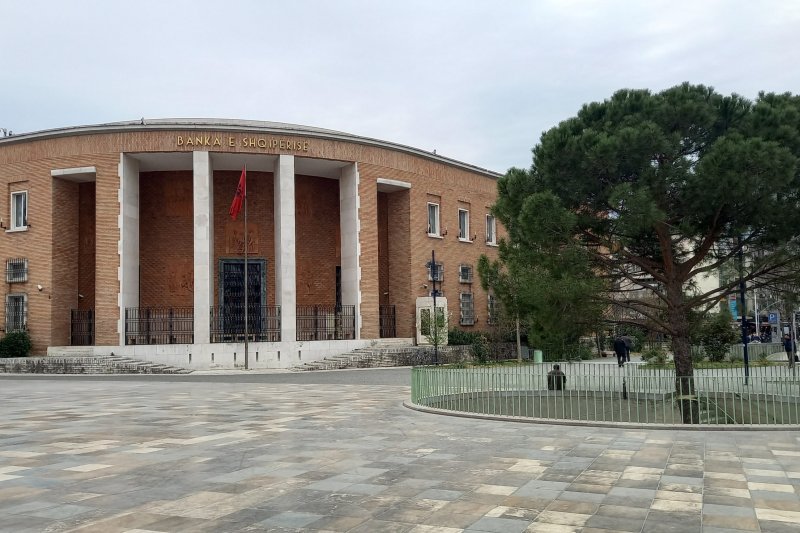Banking in Albania: Some Softening in the Credit Demand, While the Tightening of Supply Conditions Is Not over Yet
Despite rough start of the last year with severe turbulences in the banking market that threatened to scale up globally, 2023 went surprisingly well for the European banks. With record high-profits, they have surpassed the expectations and their 2022 results. As the latest EIB Bank Lending Survey for Central Eastern and South-eastern Europe (CESEE) indicates, European cross border banking groups wrapped up 2023 with positive results altogether. However, they are now reporting a decline in profitability, which has been traditionally higher in their subsidiaries than at the Group level.
The reason can be found in multiple crisis affecting the market fundamentals, reflected in persistently higher country risk metrics in several CESEE countries.
When it comes to Albania, the country’s economy and financial system demonstrated remarkable resilience amid consecutive shocks. The latest IMF report forecasts 3.3% growth in 2024 led by private consumption, while inflation (currently at around 4%) will continue to decline, but is not expected to reach targeted 3% before 2025.
Cross border groups that are present in Albania keeps commitment to the region strong
In the banking market, a deterioration in profitability has been observed in Albania as well. The majority of international banking groups reported a lower return on assets (RoA) and return on equity (RoE) for Albanian operations compared to overall group operations. In the previous EIB survey, the picture was more optimistic, especially in terms of RoA, with 100% of banks mentioning equal profitability compared to group level.
The financial system of Albania is largely foreign-owned with foreign-controlled banks representing around 66% of assets, out of which the large majority is from the EU countries (around 50%). Parent banking groups perceive their current market potential in the country as either medium (75%) or high (25%), and three-fourth as satisfactory or optimal.
When asked about their long-term strategies, 33% of cross-border banking groups active in Albania signalled the intention to “selectively expand” (similar as in the previous survey) or 67% to maintain the same level of operations.
The credit tightening cycle is not yet over
According to the CESEE Bank Lending Survey, credit supply conditions in Albania, indicating banks’ willingness to provide credit, remained tight over the last six months, with a marked decline in the corporate and mortgage segments. In the coming months, supply-side conditions are expected to remain tight, in line with local and global trends of monetary policy conditions.
Credit demand conditions (the willingness of banks’ clients to borrow money) were stagnating over the last six months. Still, in specific segments, like SMEs and households, they have registered a positive evolution. Conditions are expected to return to a positive trend on average for the next six months across all credit segments. This suggests that clients are eager to ask banks for credit, but banks are expected to remain rather prudent.
NPL ratio to remain stable
Credit quality (the ability of clients to repay back the loans to banks) remained good - NPLs were stable during the last two years at around 5.1%, as of November 2023. Banks expect further improvement in the credit quality during the next months (better evolution than the regional average).
Overall, the domestic banking system is well capitalized and has been able to absorb the effects of tighter financial conditions and other shocks so far. Profitability indicators also generally improved in 2023 compared to 2022 (Return on Assets and Return on Equity at 1.9% and 16.8% in Q2 2023, respectively), though they remain below the Group level.
All in all, banks operating in CESEE are extremely solid, profitable, and willing to expand. However, their customers, both companies and households, will continue to be confronted with still tight supply conditions during the next months and Albania is not an exception.
Economists at Economics Department of European Investment Bank*













